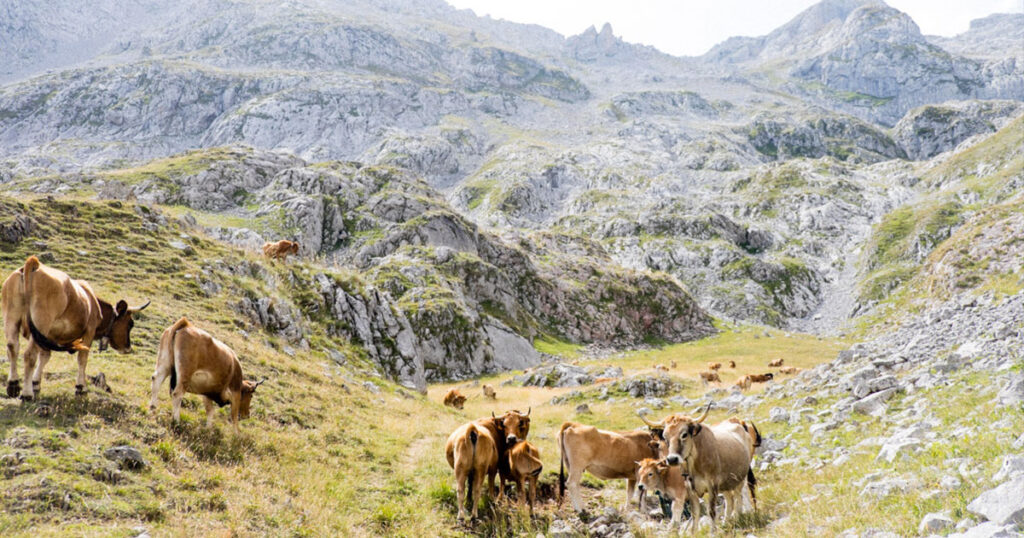
A ray of sunshine and a free bench—what Samuel Beckett said we spend our lives trying to bring together in the same instant. What did he mean? Billy Collins, quoting Beckett, seems to suggest the bench and the sunshine are enough for happiness, when you get them together. He was seated on a bench himself in the afternoon sun, speaking to the New Yorker journalist interviewing him. “What more can you ask?” said Collins. Well. Albert Einstein’s list was twice as long: a table, a chair, a bowl of fruit, and a violin. “What else,” asked Einstein, “does a man need to be happy?”
An adult student of mine, considering Einstein’s list, said he’d add a person to the mix to enjoy the fruit and the music with. And on we go, fiddling with our lists. Yes, just a small house, but one by the sea; yes, even a boring job, but with a salary that allows for travel. Or even that someone to share our happiness with, as my student stipulated. Let it be someone who will not somehow fail us before too long. Maybe Beckett meant that having what we want is never so simple as obtaining the things we want because we want the right circumstances, as well. Or could he have meant that obtaining something describes a moment, whereas having something suggests keeping it over time? The bench, the ray of sunshine—how to hold on when we must move on?
That was my thought on a spring morning, climbing a gravel lane that ran between two fields on the perimeter of my town, with a horse and foal grazing on the left and some cows and their calves on the right. I had my dogs with me. At the top of the hill, where the lane joined with another, was a bench under a tree, and good views in all directions. But the bench was still wet from the rainfall in the night, and the day was overcast, with no sun to dry the wet seat, unlike the previous day, which had been the second warmest of the season. On that day, in the early afternoon when the sun was high, a young man on his motorcycle had started out of La Pola on a narrow, winding back road that would take him to Gijón. Before he’d gone 100 yards, a car pulled out of a parking space in front of him. It was all over in a moment. The two in the car were not hurt, but the motorcyclist was thrown from his bike over the hood of the car and onto the ground on the far side. He died instantly.
An ambulance speeding through the center of town raised questions for customers at the outdoor tables in the Plaza Les Campes, half a mile from where the accident occurred. Word spread later that afternoon, and the news of the young man’s death was soon online. I heard it that night. The boy was 20. He worked at a pizzeria in town.
Standing beside the bench, I looked around at the town below me, the fields, the farm animals, the tumbledown stone houses, the country lanes turning into streets, the six-floor apartment buildings next to the old houses, one here, another there, until they made a solid block. I thought about the young man knocked from his seat. The problem, as I see it, is not finding the free bench, it’s leaving it, as you do, getting up and brushing the seat of your pants, because the bench is getting hard, the sun is crossing the sky, and it’s time to go. Look around once more, and then head off, no regrets, because a free bench and a bit of sunshine aren’t really that uncommon. You’ll have them again. Harder to come by are a free afternoon, friends waiting in the city, a motorcycle to get there on, and all on a sunny day, second warmest of the year. If happiness is sunshine and a place to sit, the young man must have thought as he mounted the bike and gunned the motor that he was in heaven.

